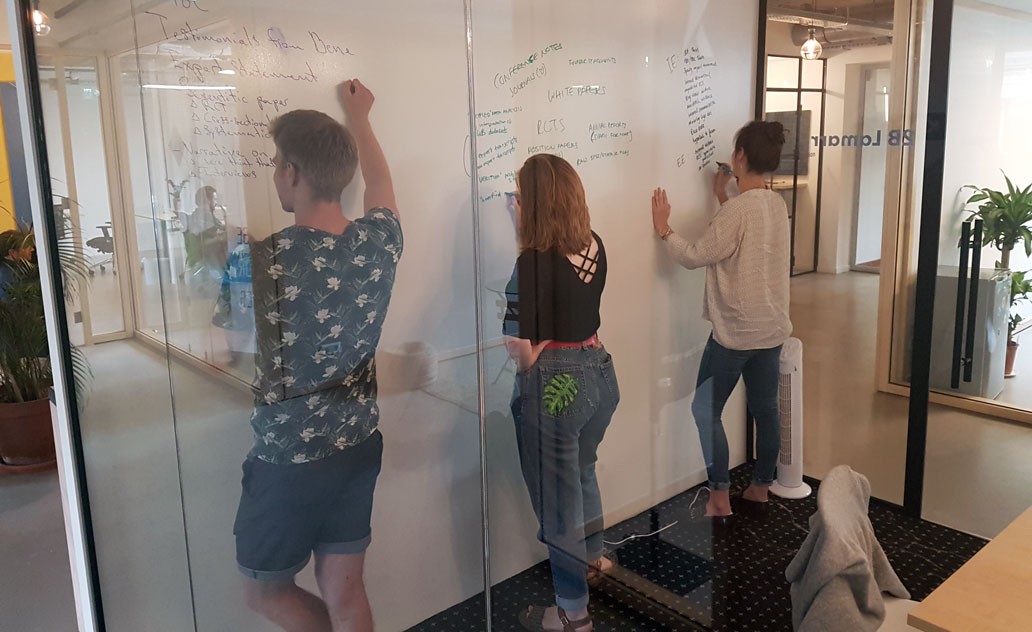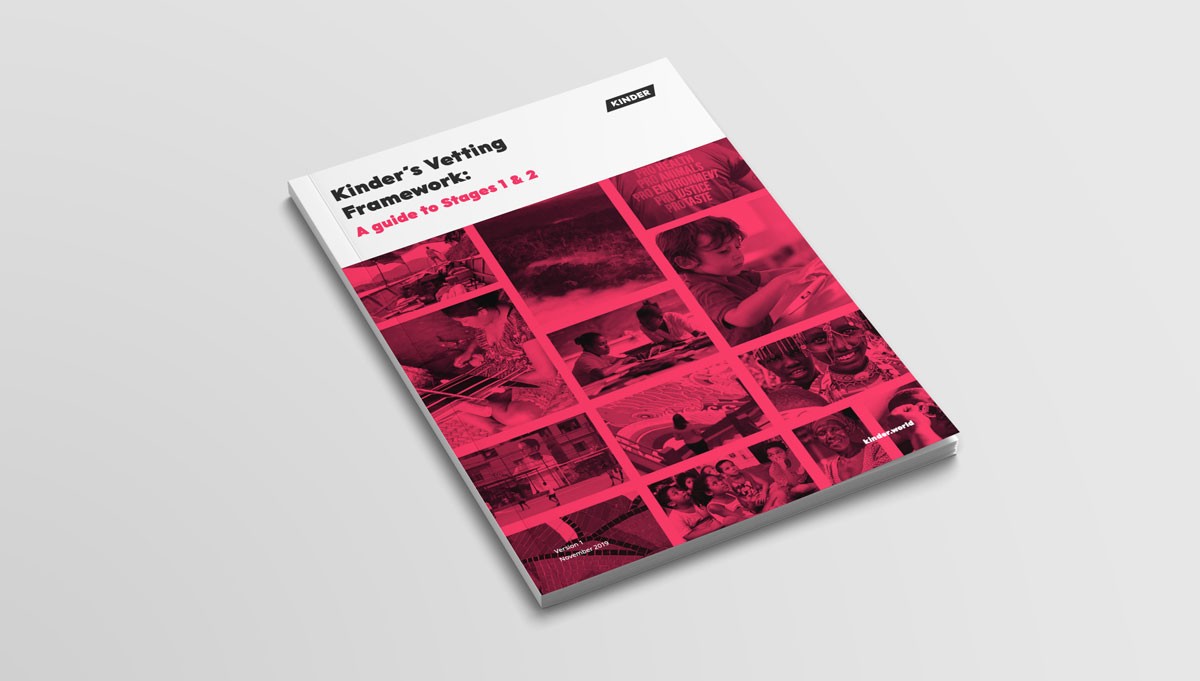Our action
Research about charities, information evaluation or vetting, data analysis, training, consultancy, and academic outreach, and collaborations are our main activities in the research sector. Our in-house evaluation system, Kinder Evaluation Framework, is at the heart of our efforts. It enables us to carefully examine charities to evaluate their accountability and transparency. Analysing the data, we share our findings with both charities we evaluate and those who seek a deeper understanding of their work.
Our evaluations have the following steps:
-
Collect and examine basic and in-depth online information about charities (Kinder Evaluation Framework)
-
Use our findings to consult charities to improve their performance (Charity Zone)
-
Use our findings to drive donors towards fact-based giving decisions (United Actions, and Charity Reports)
Kinder Evaluation Framework
To evaluate or ‘vet’, a term that you’ll often run into in charity lingo, essentially means to sift through something. In our case, vetting means gathering information on charities to evaluate their accountability and transparency — which is exactly what our vetting framework is designed to do.
We have developed a bespoke vetting framework with the help of academics from Impact Centre Erasmus. Strong research backgrounds and thorough training from Kinder’s evaluation experts give our research team the strong foundations to evaluate using our framework. Our analysis of charities is based on publicly available information on these charities’ websites. We’ve analysed over 2500 charities so far, thanks to our research department and a dedicated team of more than 60 vetting volunteers over the past years.
Stages of evaluation
Our current evaluation framework consists of two stages, Basic and In-depth Analyses. Each stage has ‘yes’ or ‘no’ vetting questions such as “Does the organisation publish their financial statements?” We only use the information on organisations’ websites to answer these questions because we believe everyone, researcher or not, should have access to the answers.
Stage 1: Basic Analysis
This stage focuses on five criteria indicating basic accessibility and transparency. These requirements are:
-
Being easily reachable
-
Providing information about the organisation’s board members and key staff
-
Publishing financial statements
-
Making the charities’ strategic plans public
-
Dealing with controversy appropriately (if applicable)
Stage 2: In-depth Analysis
We believe every charity should have the capacity to plan well for the future, monitor and evaluate their own programs closely, perceive and collect crucial data, engage with research, reflect on past mistakes, strive to act ethically and with integrity, and communicate openly about its work with the public.
Charities with strong organisational skills and information transparency are more accountable — and are likely to get things done effectively. In this stage, we have four criteria, each containing several sub-categories and 41 vetting questions in total. These criteria are:
1) Strategy
2) Programs
3) Research
4) Responsibility
Stage 1 and 2 are our currently active evaluation stages. Do you work for a charity and want to be evaluated? Send us an email and we’ll add you to our list. Are you not a part of a charity but still want to be involved? Check our vacancies and see if anything piques your interest.
Want to know more? Click to download the rationale of our In-depth Evaluation Framework.









